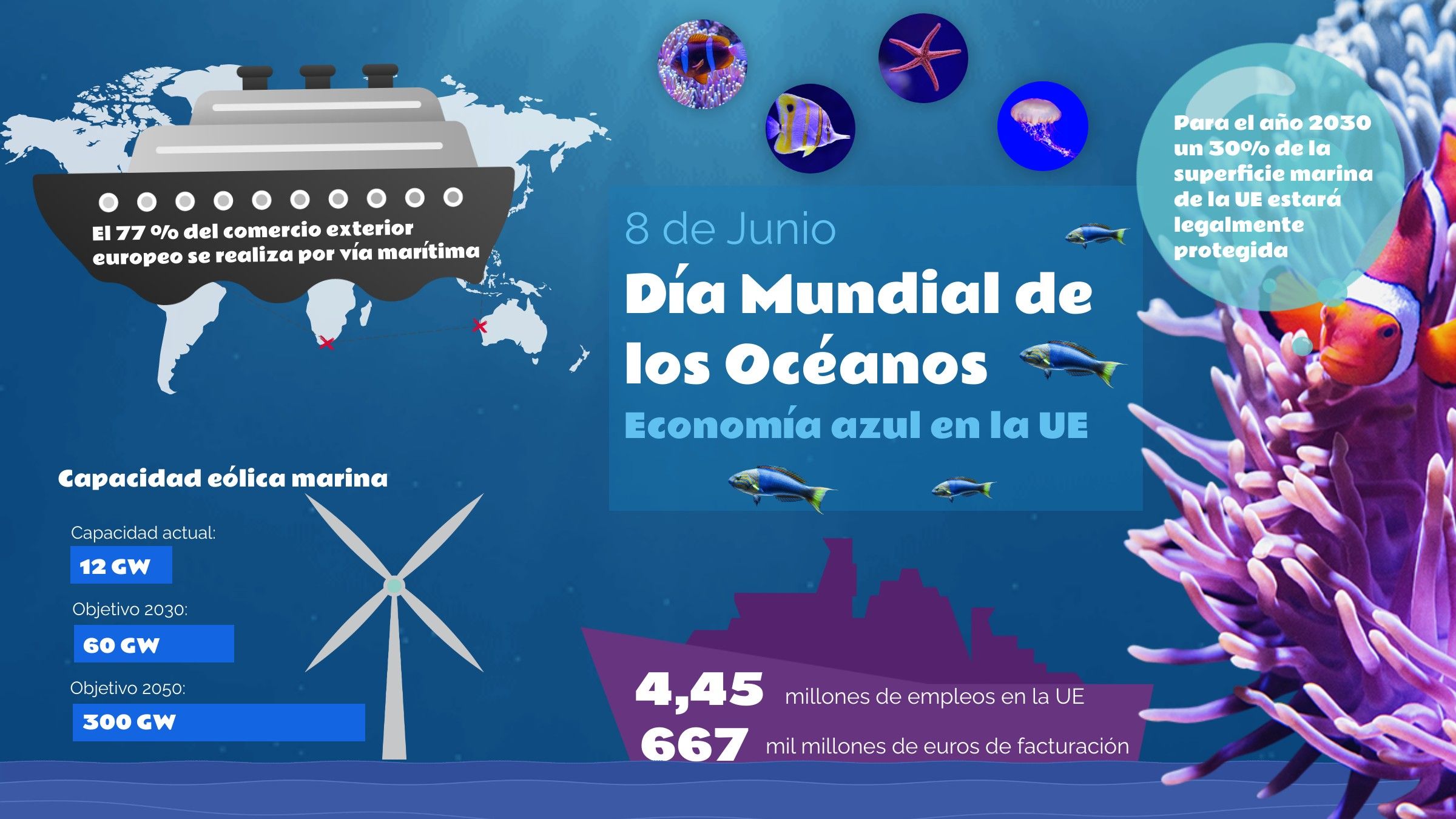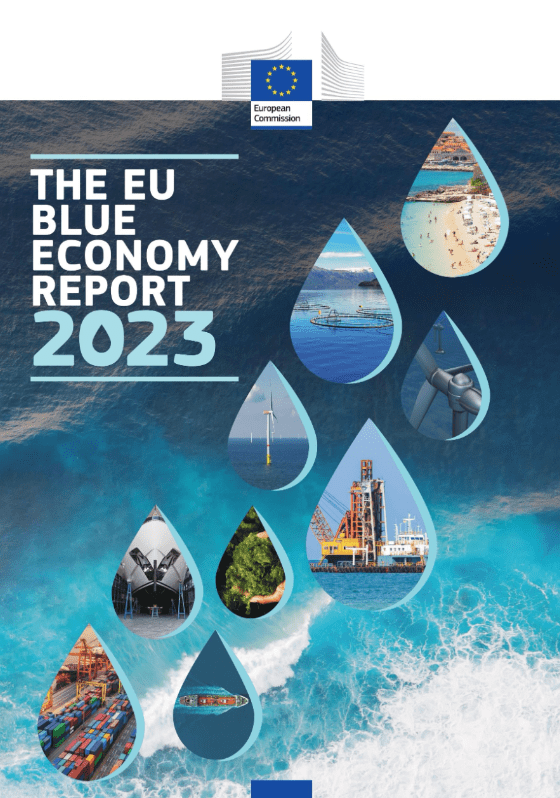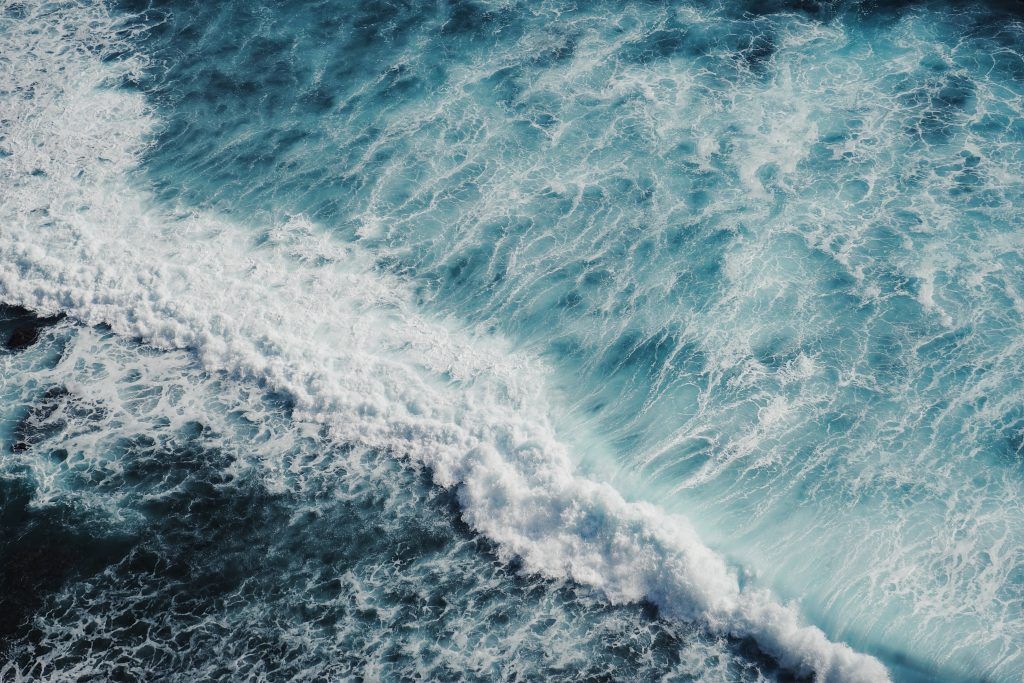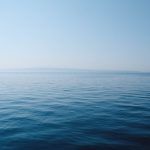Oceans are indispensable for achieving the European Union’s climate and environmental objectives.
The seas and oceans are a source of natural and economic wealth for Europe. They provide us with a wealth of natural resources, keep our climate stable and, in addition, contribute to boosting our economy through activities such as fishing and tourism.
However, poor management can endanger the balance of marine ecosystems, damaging their biodiversity and favoring ocean warming. Did you know that in the European Union 40% of the coastal water area is not achieving good ecological status? And that almost 40% of the species in the Mediterranean Sea are declining in population?
In 2008, the European Union adopted the Marine Strategy Framework Directive to maintain healthy marine ecosystems and ensure sustainable use of their resources. Although there have been significant improvements in recent years, there is still a long way to go.

8 de Junio – Día Mundial de los Océanos
|
This is why the priorities of the European Green Pact include ensuring the sustainability of our blue economy and fisheries sectors. The oceans are indispensable to meeting the European Union’s climate and environmental objectives. Simply put, there can be no green, without blue.
Biodiversity Strategy 2030
The EU Biodiversity Strategy 2030 is one of the EU’s main mechanisms for restoring the damage done to our planet. It is a comprehensive, ambitious and long-term plan to reverse ecosystem degradation and protect nature. Marine ecosystems are among the most affected by economic activities and the loss of their biodiversity is severely accelerated by the impacts of climate change.
In this context, the EU Biodiversity Strategy states that 30% of the EU seas should be protected by 2030 and at least one third of the marine areas currently protected should be strictly protected in the future. To achieve the goal of protecting seas and oceans, the Commission published last February a package of measures to improve the sustainability and resilience of the EU fisheries and aquaculture sector. The main measures are to promote the use of cleaner energy, limit dependence on fossil fuels and reduce the sector’s impact on marine ecosystems.
BlueInvest
“Blue investment” is an initiative launched by the European Commission in 2019 to accelerate the development of new technologies and unlock innovation and investment opportunities in the blue economy for innovative companies and SMEs. Thanks to this initiative, it has been possible to develop projects such as Sea Ranger Service, a Dutch startup whose mission is to restore 1 million hectares of ocean biodiversity by 2040, while training 20 000 young people for a maritime career. Thanks to BlueInvest, it has been able to raise €2 million in growth capital in 2021 and expand to other countries, such as Spain.

The EU blue economy report 2023
|
#EUBeachCleanup
This campaign, which was born in 2017, focuses on the protection of marine life, with activities and events that seek to raise awareness and encourage individual participation to protect marine biodiversity worldwide. It relies on events organized by institutions, NGOs and citizens themselves.
As of today, #EUBeachCleanup is a global movement with the involvement of thousands of people around the world. In 2023, the campaign will culminate on September 16, International Beach Cleanup Day. Interested in joining the campaign? Find out how you can register your event and raise awareness about the importance of protecting our oceans and their biodiversity.
More information: Representación de la Comisión Europea en España







Leave a Reply